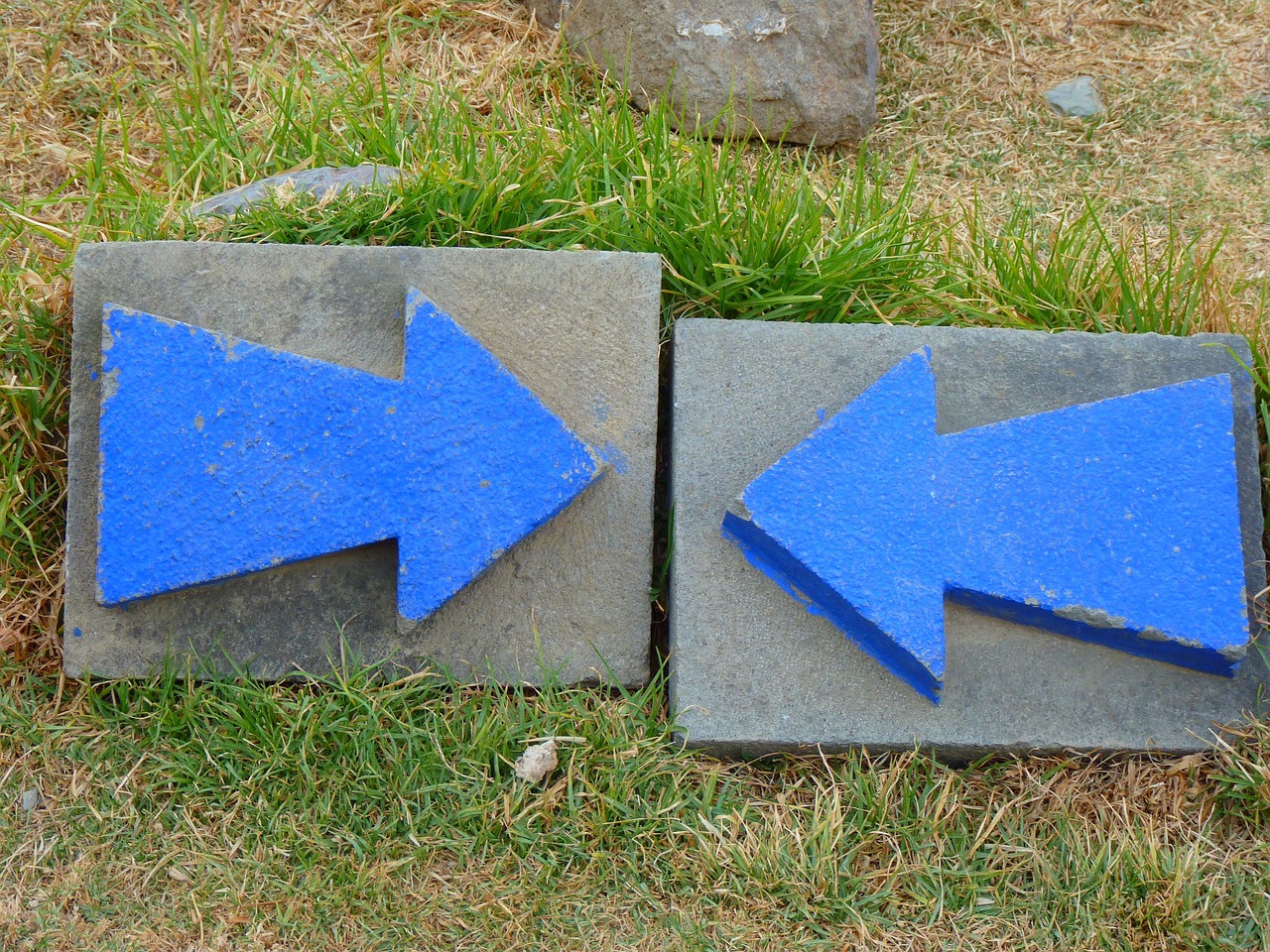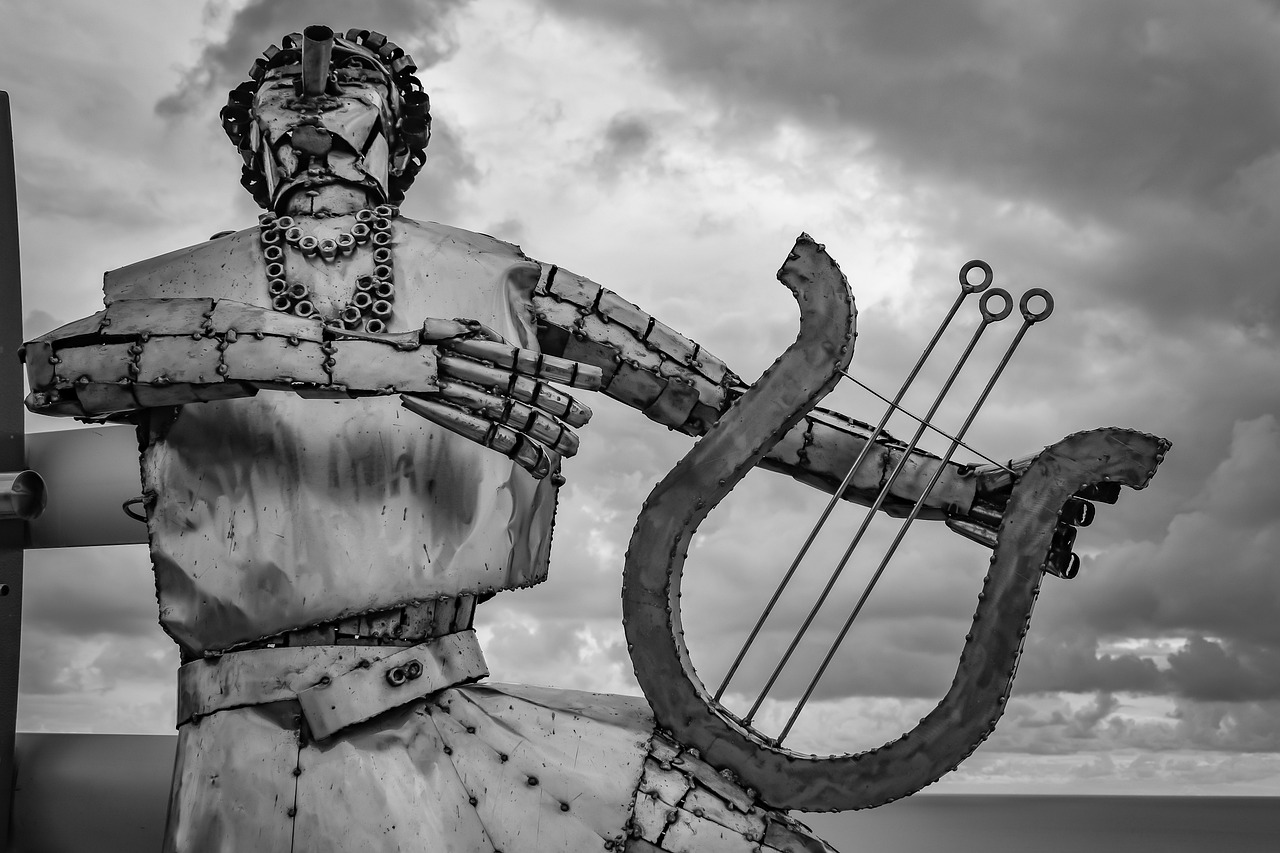Author: Sun WuKong
-
The Each-Uisge: The Alluring Yet Lethal Water Horse of Scotland The Enigmatic Water’s Edge A heavy, foreboding mist envelops the Scottish lochs, settling around the reeds like a ghostly veil. The cold air pierces through the skin, and an unsettling silence looms, thick with unsaid threats. The tranquil water acts as a deceptive mirror, reflecting…
-
Scottish folklore is rich with many dangerous beings, but none instills fear quite like the nightmarish Nuckelavee. This malevolent creature is said to haunt the Northern Isles, and its mere mention evokes terror among the locals. The description alone of this beast is enough to cause an overwhelming sense of dread; its breath is no…
-
This week features a dual episode where Isaac Roberts and Patrick Brewer delve into the significant role of one of the most crucial Hellenic deities in Rome—Apollo. How did a Greek god manage to integrate into Roman traditions? Let’s examine Apollo’s representation in Rome, both in terms of physical structures and conceptual significance. The concept…
-
Ladies and gentlemen, history enthusiasts, and curious collectors, come together as I narrate my encounter with the Discoveries Egyptian Imports Authentic Miniature Statue, which brought the captivating presence of the Hippo Goddess Taweret into my life—albeit in a compact form! From small wonders to the enchantment of the ancients, let’s explore the realm of miniature…
-
The tale of Orpheus and Eurydice stands as a profound tragedy in the realm of love stories. Renowned as one of the most celebrated Greek myths, it has inspired legendary artists such as Peter Paul Rubens and Nicolas Poussin. This enduring narrative has also been reimagined in various operas, songs, and theatrical performances that honor…
-
In the realm of Irish mythology, Balor, often depicted as a colossal figure, serves as the tyrannical head of the Fomorians, a race of supernatural beings. His most notorious feature is a single eye that unleashes devastation upon being opened. The narrative illustrating his demise at the hands of his grandson, Lugh, has remained central…
-
Mazu, like many deities from Chinese mythology, was once a regular person who was elevated to divine status following her demise. Her enduring legacy is significant enough to earn her a place on UNESCO’s list of intangible cultural heritage. While she is often referred to as a Chinese goddess, her influence appears to be especially…
-
Overview Mazu (媽祖), revered in Chinese mythology as the goddess of the sea, shares a close association with the goddess of mercy, Guanyin (觀音). Recognized as the protector of sailors, fishermen, and travelers, Mazu holds a special place in the hearts of communities along the Southern Chinese coasts, particularly in regions such as Fujian and…
-
In Chinese mythology, Lei Gong, often referred to as Lei Shen or Lei Shi, stands as the God of Thunder and the executor of divine justice in Heaven. His earliest depiction appears in The Classic of Mountains and Seas: East, where he is described as a dragon with a human head capable of generating thunder…
-
Doumu: The Cosmic Matron of Balance Overview Doumu stands as a pivotal figure in Chinese mythology, known affectionately as the mother of the Big Dipper. She represents the feminine aspect of celestial forces, encapsulating the themes of compassion and love within her essence. Occasionally referred to as Xiwangmu in various texts, Doumu’s influence is woven…






